Report: Saudi Arabia, UAE continue to rebuff Biden as ties hit new low
The United States’ ties with both Saudi Arabia and the United Arab Emirates have hit a new low under the administration of President Joe Biden, as the two Arab countries continue to rebuff the US president, according to a report.
The Guardian said in a report on Sunday that the relations are at “an unprecedented low” point, with Riyadh and Abu Dhabi continuing to rebuff Biden’s demands to increase their oil exports to contain soaring oil prices amid Russia’s military operation in Ukraine.
According to the report, the souring relations come as both Saudi Arabia’s de facto leader, Crown Prince Mohammed bin Salman (MBS), and his counterpart in the UAE, Mohammed bin Zayed (MBZ), are deeply wary of the Biden administration’s determination to revive the 2015 Iran deal
The Iran deal, officially called the Joint Comprehensive Plan of Action (JCPOA), was ditched by former US president Donald Trump in May 2018, in a move cheered in Riyadh and Abu Dhabi.
“This is the end of the road for us and Biden, but maybe the US also,” a Western diplomat quoted a Saudi counterpart as saying.
The Guardian noted that prominent Saudi and Emirati commentators also shared the same sentiments, with the former al-Arabiya editor-in-chief, Mohammed al-Yahya, saying in a Jerusalem Post article that “The Saudi-US relationship is in the throes of a crisis.”
“I am increasingly disturbed by the unreality of the American discussion about the subject, which often fails to acknowledge just how deep and serious the rift has grown,” he wrote, adding “A more realistic discussion should focus on one word: divorce. When Barack Obama negotiated the nuclear deal with Iran, we Saudis understood him to be seeking the breakup of a 70-year marriage.”
He also compared Washington’s demands with China’s no-strings diplomacy, saying: “While American policy is beset by baffling contradictions, Chinese policy is simple and straightforward. Beijing is offering Riyadh a simple deal: sell us your oil and choose whatever military equipment you want from our catalog; in return, help us to stabilize global energy markets.”
“In other words, the Chinese are offering what increasingly appears modeled on the American-Saudi deal that stabilized the Middle East for 70 years,” Al-Yahya said.
Professor Abdulkhaleq Abdulla, a famed scholar in political science in the UAE, had also described the crisis with Washington as the worst in “50 years.”
“The UAE’s relationship with the US partner is at stake, at a crossroads. It is certain that the task of fixing the misunderstanding falls on the shoulders of the Biden administration, which may be on the verge of losing a regional partner,” he wrote in the Lebanese daily Annahar.
Abdulla also noted that “America is no longer the only superpower in the world,” and therefore the UAE and other countries are seeking to diversify partners.
Last month, the Wall Street Journal reported that MBS and MBZ had refused to answer the US president’s call.
According to the American daily, the White House unsuccessfully tried to arrange calls between Biden and the de facto leaders of Saudi Arabia and the United Arab Emirates to contain a surge in oil prices.
The White House’s desperate attempt to contact the Saudi crown prince comes as the Biden administration declared last year that it sought to “re-calibrate” its relations with Saudi Arabia, and refused to arrange a call between Biden and MBS.
Palestinian resistance fighters hit Israeli Merkava 4 tanks
VIDEO | UK police brutal assault on Muslim family sparks outrage, protests
Hamas: Death of leader in Israeli jail amounts to murder
EU sends €1.5 billion to Ukraine from frozen Russian assets
VIDEO | Millions of Yemenis rally for Gaza, call for more anti-Israel operations
UN chief calls for Olympic truce as games begin in Paris
Paris Olympics begin as sports world reeling from loss of 400 Palestinian athletes in Gaza war
Iran warns ‘sworn enemies’, says sidekicks of US, Israel ‘displaced’ with bloody hands


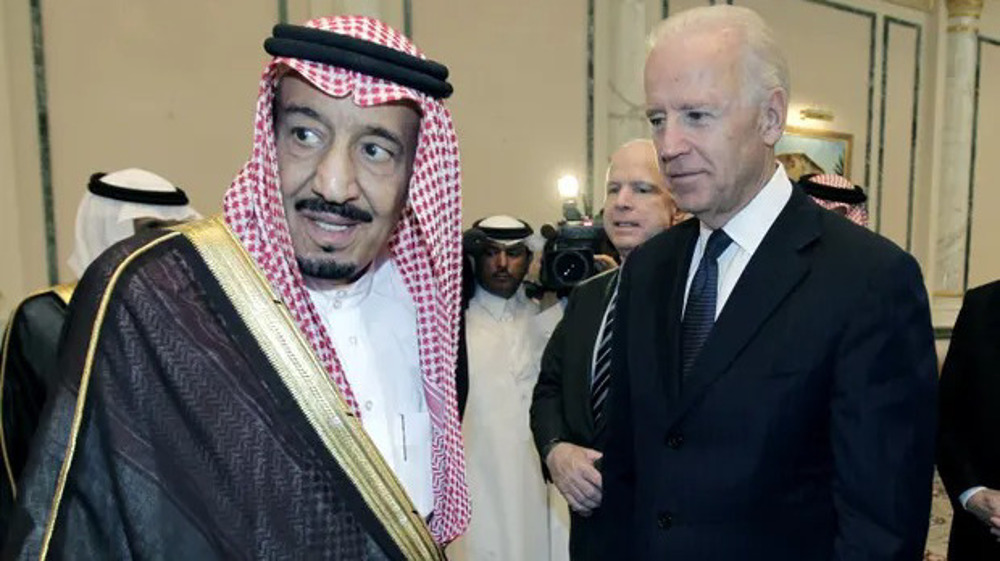
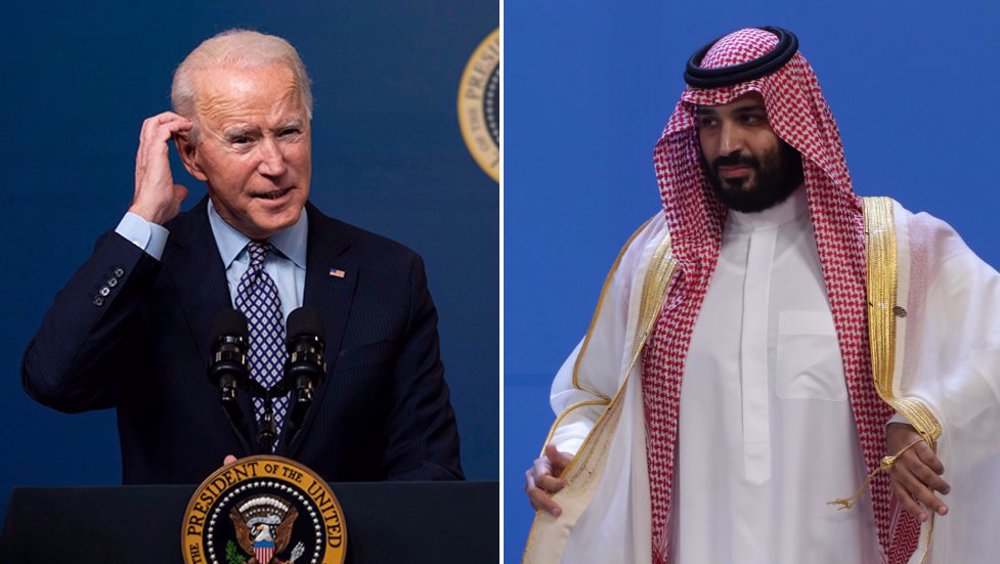
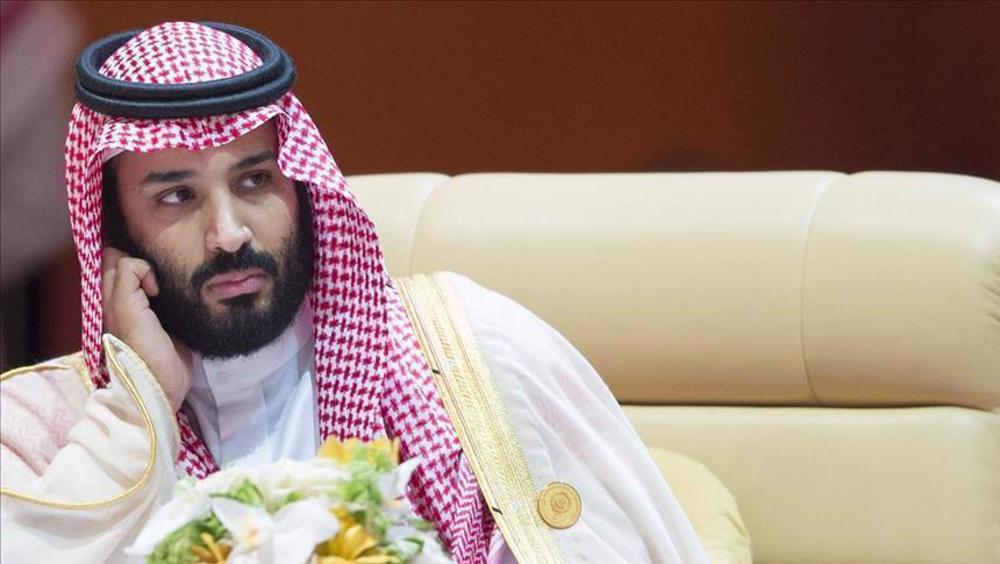


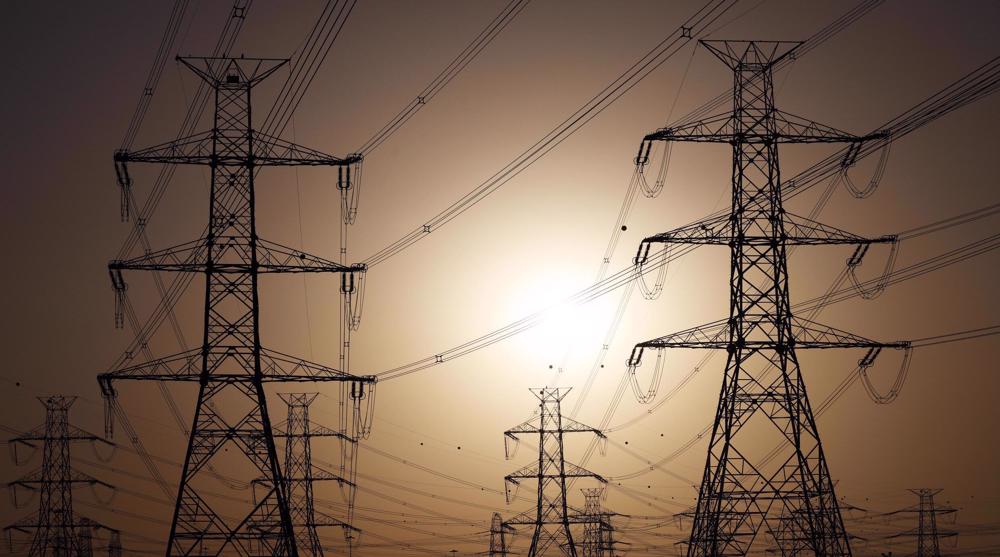





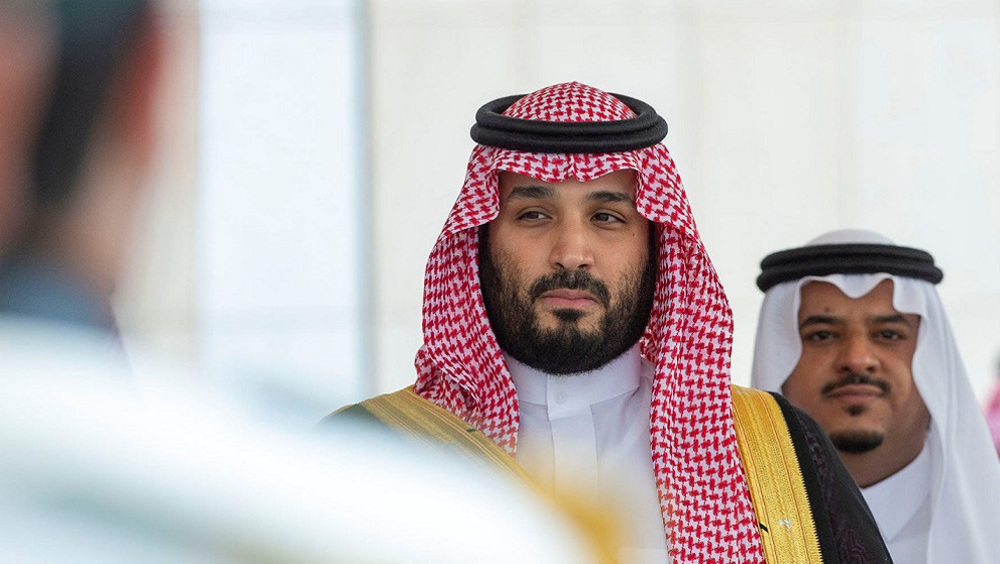

 This makes it easy to access the Press TV website
This makes it easy to access the Press TV website